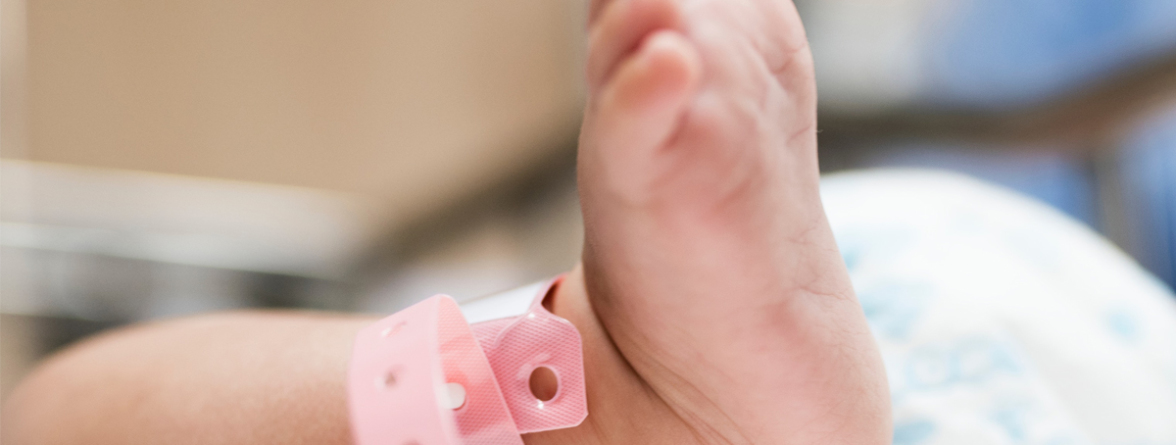What California LGBT Families Need to Know About Birth Certificates
November 4, 2018
For many, birth certificates are just a piece of paper, stored in a safe or filing cabinet, and rarely thought about. Yet, they are also a powerful symbol of belonging. For the LGBT community, birth certificates hold an even deeper meaning. They are a tool to define family and identity, both of which the LGBT community has had limited access to throughout history. In recent years, positive legislative changes have made birth certificates more inclusive to all. In this post, we’ll mention a few specific ways that they interact with the LGBT community.
Parental options on birth certificates
In the past, birth certificates could only list the mother, and if known, the father. There were no other options. Due to progressive legislation, in California there is now a gender-neutral “parent” option. Additionally, the options of “mother,” “father,” and “parent,” can be listed in any combination. This enables gay, lesbian, and queer families to have their parenthood recognized. This has become even more relevant since Obergefell v Hodges, which legalized gay marriage nationwide in 2015, and gave more freedom to the LGBT community to legally define and recognize their families.
Birth certificates and surrogacy
The LGBT community is more likely than the rest of the population to utilize alternative options to grow their family. Same-sex surrogacy is one popular method, particularly for gay men. In California, we enjoy strong anti-discrimination laws that ensure this option is accessible to all. For all couples, whether straight or gay, the future parents may list their names on the birth certificate of the child. This is part of what’s known as pre-birth and post-birth orders: court orders that ensure the legal parentage of the future parents (also known as “intended” parents). While this is important from a legal perspective, it also matters at a personal and emotional level, as there is nothing quite so special as seeing your name listed as a parent on your child’s birth certificate, even if you did not give birth to the child.
Amending a birth certificate
California also boasts laws that allow one to change their birth certificate to better align with their gender. Known as the “Gender Recognition Act,” this is a particularly strong piece of legislation that is based on the belief that “gender identification is fundamentally personal.”
In comparison to previous legislation, there is now no requirement for the individual to have undergone any treatment and receive a court judgement approving a change of gender. Instead, it is up to the autonomy of each individual. The same law allows for three options on California-issued identification, including male, female, and nonbinary. This applies on birth certificates, driver’s licenses, and other state IDs.
A note of caution
What you may not know, however, is that when it comes to adding a new family member, birth certificates are not as legally strong as stepparent or second-parent adoption. Stepparent adoptions are only permitted for couples who are married or in a domestic partnership. In contrast, second-parent adoption can be used for anyone in a loving and committed relationship. Both options are legally stronger than birth certificates, and are particularly important for traveling outside of the state of California, where anti-discrimination laws are weaker.
In cases of surrogacy, adoption, and in instances where one partner gave birth but the other is not biologically related (as is the case, for example, when a lesbian couple uses a sperm donor) it is critical that adoption is used, even if a birth certificate already states the names of both parents.
Conclusion
We have come a long way in improving LGBT rights to identity and family. Laws concerning birth certificates and other forms of identification is one area where progress is clear. Yet, we have not yet reached lived equality, and discrimination still appears throughout the legal system. At the Gay Family Law Center, we are strong advocates of the LGBT community, and experts in family law for gay, lesbian, bisexual, transgender, and queer individuals and families. If you have a need for family law services such as divorce, adoption, or surrogacy, contact us for a free consultation at our West Hollywood and Palm Springs offices to see if we’re the right fit for you.
Image by RawPixel

